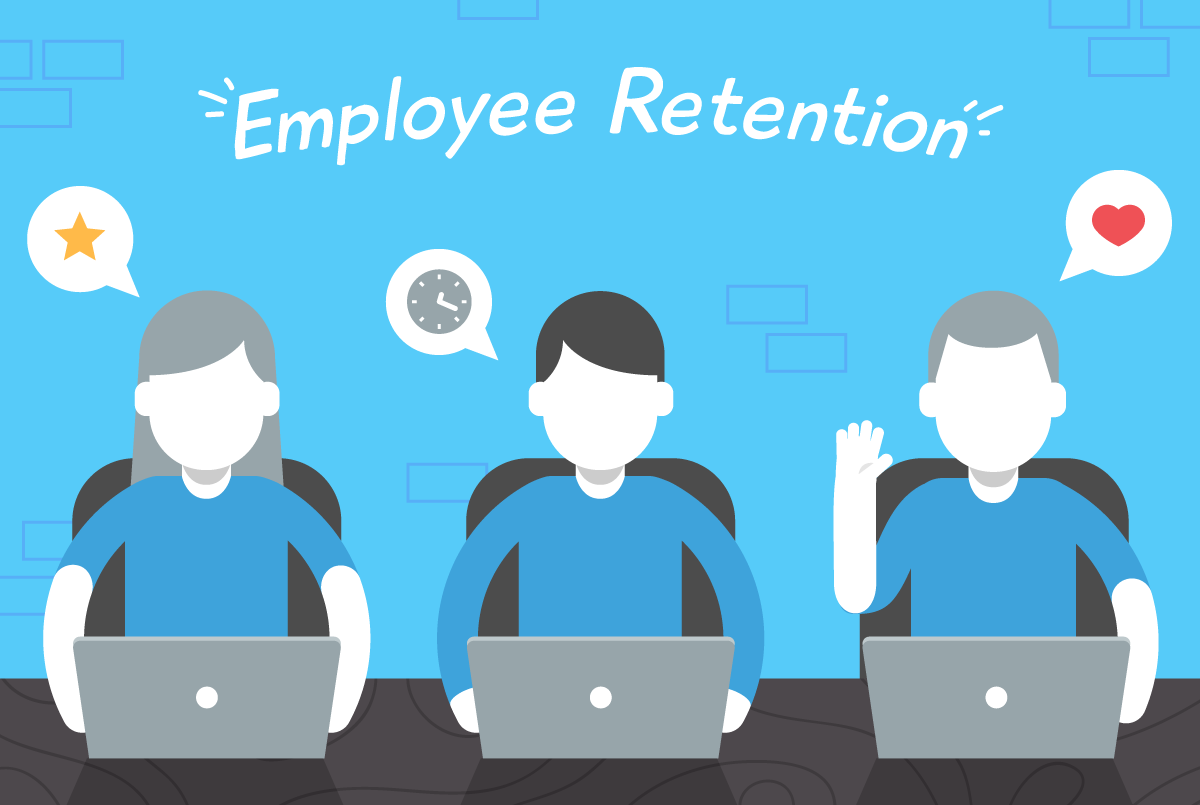Importance of Job Retention
Hiring a good employee is important, however retaining said employee is even more important.
Business owners stress about finding a new employee, especially when a previous employee leaves. I know this because I see my mom stressing out from time to time. She has to put help wanted signs, go through the interview process, find the best person, and then train said person to become an employee.
All of this is a pain in the a**, and in a perfect world, you'd want all your employees to stay. And Having high employee turnover means increased expenses and lower morale.
And from that I ask.
Why are employees leaving? What can be done to increase job retention?
Unfortunately I could not get data from my mom's store, however I used data from a exit survey by the Australian government.
The Data:
Department Of Education, Training and Employment (DETE)
Technical and Further Education (TAFE)
Both DETE and TAFE used the same survey's but TAFE had it's survey customized
Cleaning the Data:
The exit surveys were very messy and thus required a lot of data cleaning.
- The data was analyzed
- The data was cleaned
- The values in both the survey's were matched.
- The columns were matched as well.
- New columns were also created.
The link to the data cleaning process can be found here.
Example of new columns:
In order to create a new column to categorize years of service
The years of service was found by subtracting year started from the year end.
The institute_service column was binned by using pandas' cut method
 |
| Most of the workers are from the age 41-45, the least is under 20. |
 |
| Newer people that leave tend to have less job dissatisfaction then those who have been in the job for longer. |
 |
| Those under 20 have less than 30% of leaving due to job dissatisfaction, those over 20 have around a 60% chance of leaving due to job dissatisfaction. |
 |
| Job dissatisfaction is the prime reason for leaving for all experiences. Doesn't mater if newer or older. |
 |
| Those who are less than 20, leave due to a variety of reasons. Those who are older than 20 leave mostly due to job dissatisfaction. |
 |
| DETE has a 100% chance of leaving due to job dissatisfaction. |
 |
| Females and Males are similar in their reasons as to why they left their job. |
People mainly leave their jobs due to job dissatisfaction, which is not surprising.
People also leave due to a career change, which is also not surprising. However, after around 50 years old and older, people leave due to reasons other than career changes. Possibly because of retiring.
As experience increased, job dissatisfaction increased as well. Those who have been in the job for longer had a greater chance of leaving due to job dissatisfaction. This maybe due to the fact that they were sick and tired of working at said job. "Enough is enough." They realized their job sucked and therefore left.
Everyone that worked at DETE left the job due to dissatisfaction. Life at DETE must've sucked. Those that worked at TAFE left their job, mostly due to a change in career. Maybe they did not want to work there in the first place?
From the exit surveys at TAFE and DETE, it can be concluded that in order to increase job retention, employers should focus on increasing job satisfaction and happiness of employees. Employers should also focus on hiring the right candidate, one that is enthusiastic about the job and wants it as a career.







Comments
Post a Comment